United States: In a new report at the CDCP office, the recent development of RSV vaccines had been found to effectively protect babies from hospitalization among infants during a period of study.
More about the new RSV vaccine, Nirsevimab
The CDC has provided compelling data on the effectiveness of nirsevimab. In the infants’ first season with RSV, it was 90 percent effective at stopping RSV-related hospitalization.

This high level of effectiveness was reported after the vaccine was approved for use in babies and toddlers in July 2023. This data should reassure parents and caregivers about the vaccine’s ability to protect their infants from severe RSV, reported scrippsnews.com.
Nirsevimab’s real-world usage has outperformed data from clinical trials so far. Before its release, officials said it reduced the risk of hospitalizations related to RSV among infants by 70 percent to 75 percent.
Effectiveness of the vaccine – CDC
“The current RSV season is the first time nirsevimab was available to protect infants from severe RSV, so the data released today are the first United States estimates of nirsevimab effectiveness in protecting infants against RSV-related hospitalization in their first season of potential exposure to the virus,” stated CDC.
The study, which looked at 699 infants from October 2023 through February 2024, showed promising results. However, the CDC officials did caution that the vaccine’s overall effectiveness may be lower once a full RSV season is complete.
This is common in medical studies, as initial results may vary when applied to a larger population or over a more extended period. Generally, RSV activity declines in late March, so the full impact of the vaccine will be more apparent after this period.
According to the CDC, RSV causes 58,000 hospitalizations annually among children under age 5, reported scrippsnews.com.
Who is at greater risk of getting RSV?
The CDC mentioned that premature infants are at greater risk for getting RSV. Other than them are- young infants who are six months old or younger and children who are younger than two and have chronic lung disease or congenital heart disease.

Those who are adults and older children have a mild chance of contracting the disease if they are healthy.
Know about the symptoms
Early symptoms include runny nose, reduced appetite, and cough.
However, according to experts, those symptoms may worsen because of inflammation of the tiny airways in the lungs, as reported on scrippsnews.com.
Vaccination available for the disease
The vaccine is recommended for all infants younger than eight months old who were born during or are entering their first RSV season if their mother did not get a maternal RSV vaccine.
Moreover, another option is available for pregnant people to get vaccinated during weeks 32 through 36 of their pregnancy if that period falls between September and January.
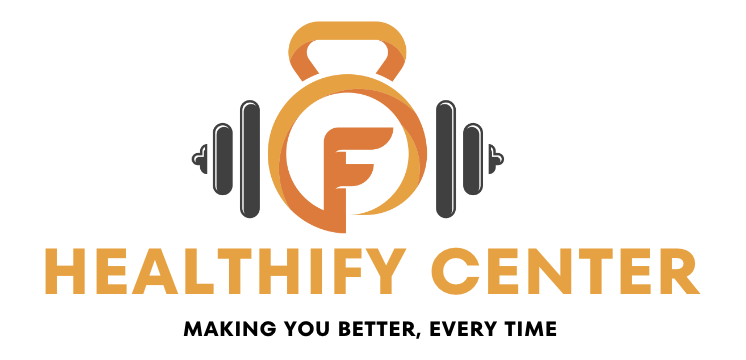

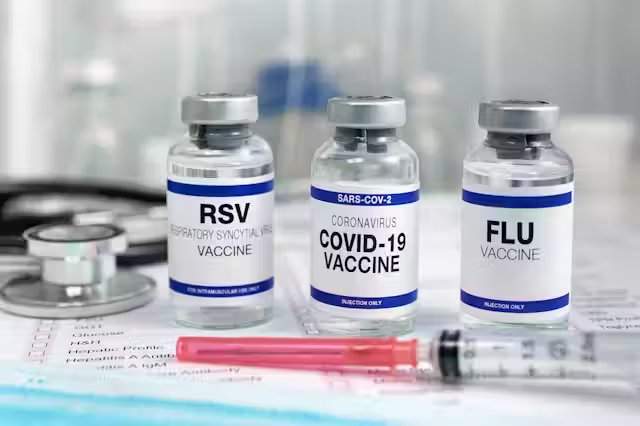
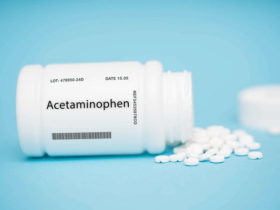
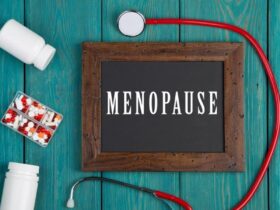

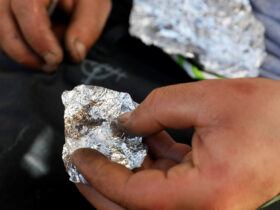



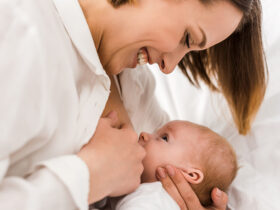



Leave a Reply